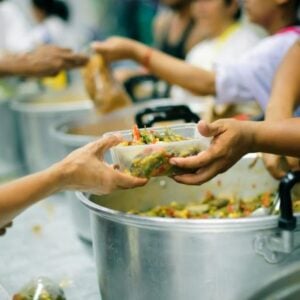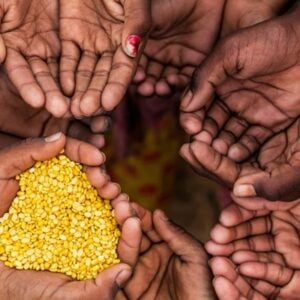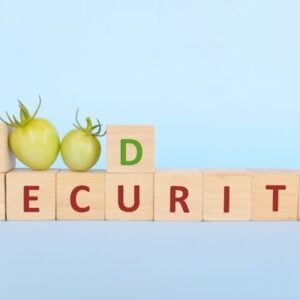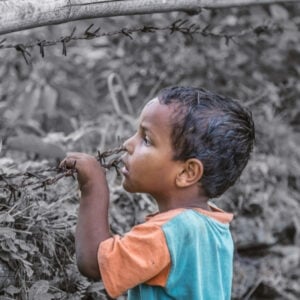The governments of Brazil, France, and Somalia, along with the World Food Program, The Rockefeller Foundation, and The Global Partnership for Education, have issued a joint call urging countries to integrate resilient and regenerative school meals into national climate policies. This appeal was launched during a high-level discussion hosted by The Rockefeller Foundation on the sidelines of the 80th session of the United Nations General Assembly. The initiative emphasizes that school meal programs are not only vital for addressing nutrition insecurity but are also key to building resilient food systems and advancing climate action.
The event, titled “Regenerative School Meals for People and Planet,” brought together governments, international organizations, and youth leaders to highlight the role of school meals in delivering ecological, social, and economic benefits. Leaders stressed that investing in locally sourced and regeneratively produced school meals can strengthen communities, enhance climate resilience, and drive local economic development.
Global momentum for school meal programs is growing. According to the World Food Program’s State of School Feeding Worldwide Report, these programs now reach 486 million children, represent 70% of government food procurement, and have seen funding double since 2020 to $84 billion, with nearly all support coming from national budgets. For every dollar invested, up to $30 in social and economic returns can be unlocked, demonstrating the transformative potential of such programs. Currently, 107 countries have adopted national school meal policies, nearly twice the number in 2020.
Speakers at the event emphasized the broader benefits of regenerative school meals. Leaders from Brazil, Germany, Tanzania, France, Somalia, Denmark, and others underscored their importance for child health, educational outcomes, economic opportunities for farmers, and sustainable ecosystems. They highlighted the urgent need for sustainable financing, long-term investment, and integration of these programs into national development strategies.
Research shows that regenerative school meals could unlock up to $3 trillion in global economic productivity while supporting climate mitigation, biodiversity, soil and water conservation, and improved agricultural practices. Shifting to regenerative food systems directly addresses challenges such as declining crop yields, poor nutritional quality, and soil degradation, while ensuring long-term food security.
Building on this momentum, The Rockefeller Foundation announced a $100 million commitment over the next five years to support regenerative school meal programs in more than a dozen countries, with the goal of reaching 100 million children. This builds on its previous $220 million investment in global nutrition initiatives. The joint statement and new commitments underscore a growing global movement to ensure that every child has access to nutritious, sustainable meals that not only fight hunger but also protect the planet and strengthen local economies.







